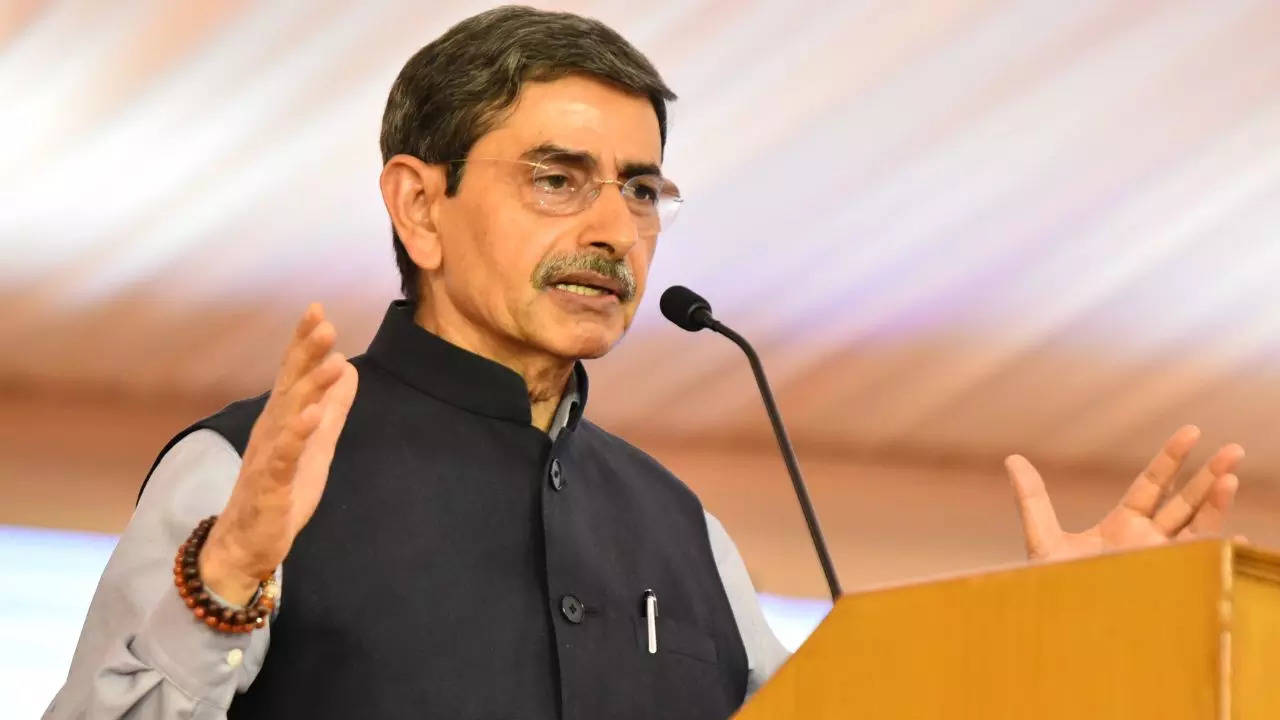
New Educational and Economic Implications
Governor R N Ravi’s Language War Comment Triggers Political Outrage
Governor Ravi Criticizes Tamil Nadu’s Language Policy
Tamil Nadu Governor R N Ravi has once again stirred controversy with his comments on the state’s long-standing language policy. Speaking at an event honoring Tamil saint Ayya Vaikundar, Ravi expressed concerns over a “language war” being waged in the state and described the two-language formula Tamil and English—as rigid. He argued that embracing a three-language system, including Hindi, would benefit the youth by expanding their educational and professional prospects.
Tamil Nadu’s Two-Language Policy: A Historical Stand
The state of Tamil Nadu has adhered to a two-language policy since 1968, a decision rooted in the anti-Hindi agitations of the 1960s. The Dravidian parties, led by the DMK, have consistently opposed any attempt to impose Hindi, viewing it as a threat to Tamil identity and autonomy.
However, Governor Ravi’s assertion challenges this stance, stating, “Linguistic rigidity restricts opportunities for Tamil Nadu’s youth. A multilingual approach strengthens national unity and broadens career prospects.”
Political Reactions: DMK, AIADMK, and BJP Respond
Ravi’s comments have drawn sharp reactions from across the political spectrum:
- DMK’s Response: Chief Minister M K Stalin condemned the Governor’s remarks, stating, “Tamil Nadu will never accept the imposition of Hindi. The two-language policy is a matter of cultural and political identity.”
- AIADMK’s Stand: The AIADMK maintained that language learning should be optional and not imposed, emphasizing the importance of Tamil and English.
- BJP’s Support: The BJP backed Ravi’s statements, arguing that learning Hindi would provide better employment opportunities at the national level.
Impact on Education and Employment
Linguistic policies have a direct impact on students and job seekers. While some argue that Hindi proficiency can open up employment opportunities, others fear it may undermine Tamil’s linguistic heritage. Key considerations include:
- National-Level Examinations: Many government exams offer Hindi as a primary medium, disadvantaging Tamil-speaking aspirants.
- Economic Prospects: Multilingual skills are beneficial in central government jobs and interstate commerce.
- Cultural Concerns: Critics argue that Tamil Nadu should prioritize preserving its linguistic identity over adapting to national norms.
Public Opinion: Tamil Nadu’s Divided Stance
The debate over language policy remains a contentious issue. Social media is flooded with mixed reactions, with hashtags like #StopHindiImposition and #RespectRegionalLanguages trending online. While some support Ravi’s perspective on broader language learning, others view it as an infringement on Tamil pride.
A Lingering Controversy
Governor Ravi’s remarks have reignited Tamil Nadu’s language debate, placing the focus on the complex intersection of linguistic identity, politics, and national integration. With the state government standing firm on its two-language policy, this controversy is far from over.